Open on Evenings & Holidays! Extended And Flexible Hours!
* DNA Testing for Immigration
* Paternity Testing
* Prenatal Testing
* Deceased Paternity
* Forensic Testing & Much More!
Open on Evenings & Holidays! Extended And Flexible Hours!
* DNA Testing for Immigration
* Paternity Testing
* Prenatal Testing
* Deceased Paternity
* Forensic Testing & Much More!
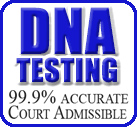
AB DNA Testing Services
63-11 Queens Boulevard
Woodside NY 11377
Phone: 718-701-0292
Fax: 718-458-9700
Monday: 10:00 am – 8:00 pm
Tuesday: 10:00 am – 2:00 pm
Wednesday: 10:00 am – 8:00 pm
Thursday: 10:00 am – 2:00 pm
Friday: 10:00 am – 8:00 pm
Saturday: Closed
Sunday: Closed
We offer New York’s BEST AND MOST AFFORDABLE DNA TESTING with a full range of services to verify family relationships.
We specialize in the following types of DNA tests:
• Paternity • Prenatal • Maternity • Grand-parenting • Sibling Relationship • Biological Relationship Studies • Twin Studies • Deceased Paternity • Forensic Testing • Child Identity Testing • Family Tree and Genealogy Testing
* EVEN LOWER PRICE THAN HOME DNA KITS.
* NO HIDDEN COSTS – Collection kits, photography, and fingerprinting all included.
* 99.9% (OR GREATER) ACCURACY.
* FINAL RESULTS ARE PRESENTED IN A NOTARIZED DOCUMENT IN A CLEAR AND CONCISE FORM.
* ALL RESULTS ARE COURT ADMISSIBLE.
* OVER 15 YEARS EXPERIENCE.
* NO REFERRALS NECESSARY!
* FAST AND PAINLESS SAMPLE COLLECTIONS, USING BUCCAL (Mouth) SWABS.
* SPANISH, PORTUGUESE, FRENCH AND CREOLE SPOKEN.
* PLEASE SEE TRANSLATIONS OF OUR SERVICES IN: SPANISH, BENGALI, URDU, CHINESE AND NEPALESE!
* OPEN SATURDAYS & Sundays!
Located In Woodside Queens, easily reachable from all boroughs (Queens, Manhattan, Brooklyn, Bronx and Staten Island), Westchester, Nassau and Suffolk. 4 Blocks from No. 7 Train (Flushing Line) and Long Island Railroad.
DNA TESTING AVAILABLE FOR BAHAMIAN CITIZENSHIP
ALL SAMPLES ARE COLLECTED IN THE BAHAMAS AND TESTED IN THE US AT AN ACCREDITED LABORATORY. CALL NOW.
Call us. We have found that in many cases, our personalized service can overturn your denial. We will call the passport office or immigration dept. for you and plead your case over phone verbally.
90% of time they will revoke your denial, as long as you get the required information to them quickly.
AB DNA TESTING SERVICES
63-11 Queens Boulevard
Woodside NY 11377
AB DNA Testing Services © |
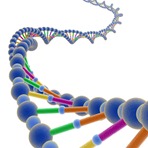 |
63-11 Queens Boulevard We are open on evenings & holidays! |
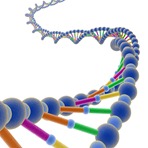 |
AB DNA Testing Services © offers a full range of DNA testing services using the most highly qualified and Certified DNA testing laboratories in the country.
For New York residents, DNA testing has to be performed by a physician or legal entity (court, USCIS, US Embassy or Consulate).
AB DNA TESTING SERVICES © offers a “One-Stop Shopping” service since we have a doctor on the premises who will perform the test. We are open 7 days a week, including weekends.
Prenatal DNA Testing • Immigration DNA Testing • Paternity • Maternity • Grand-parenting • Sibling Relationships • Biological Relationships • Twin Studies • Deceased Paternity • Forensic Testing • Child Identity Testing • Family Tree and Genealogy Testing
Other doctors will charge a fee just for the office visit. We do not charge a fee for our on premises doctor visit. Save money and call for an appointment today!
AB DNA Testing Services ©
718-701-0292
DNA TESTING AVAILABLE FOR BAHAMIAN CITIZENSHIP
ALL SAMPLES ARE COLLECTED IN THE BAHAMAS AND TESTED IN THE US AT AN ACCREDITED LABORATORY. CALL NOW.
What does the future of DNA testing hold? DNA testing has transformed various fields, from healthcare and forensics to ancestry and genealogy. As technology continues to advance, the future of DNA testing promises even more remarkable developments and applications. In this blog, we’ll explore the exciting trends and innovations shaping the future of DNA testing, and how they will impact our lives.
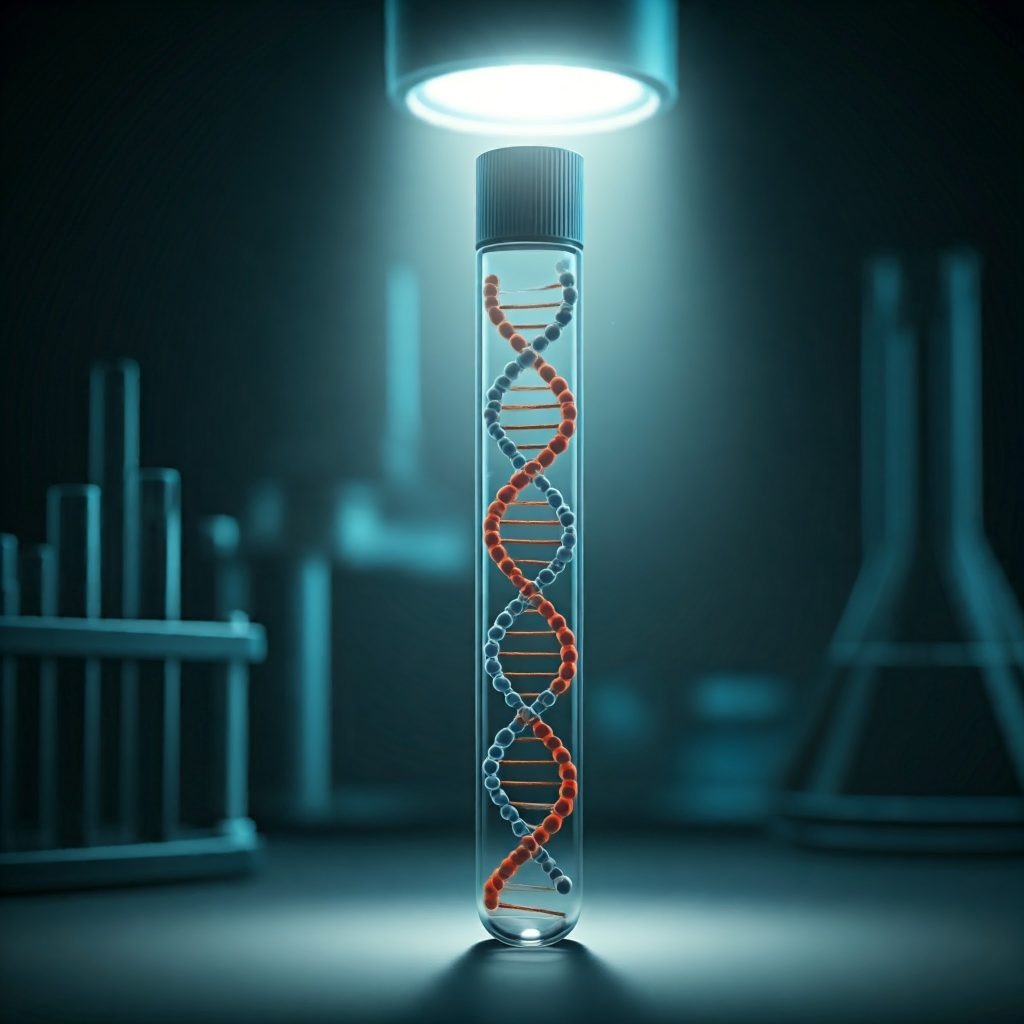
One of the most significant trends in DNA testing is the continuous improvement of DNA sequencing technologies. These advancements are making DNA testing faster, more accurate, and more affordable.
The integration of DNA testing into healthcare is paving the way for personalized medicine, where treatments and preventive strategies are tailored to an individual’s genetic profile.
DNA testing has already revolutionized forensic science, and future advancements promise to enhance its capabilities further.
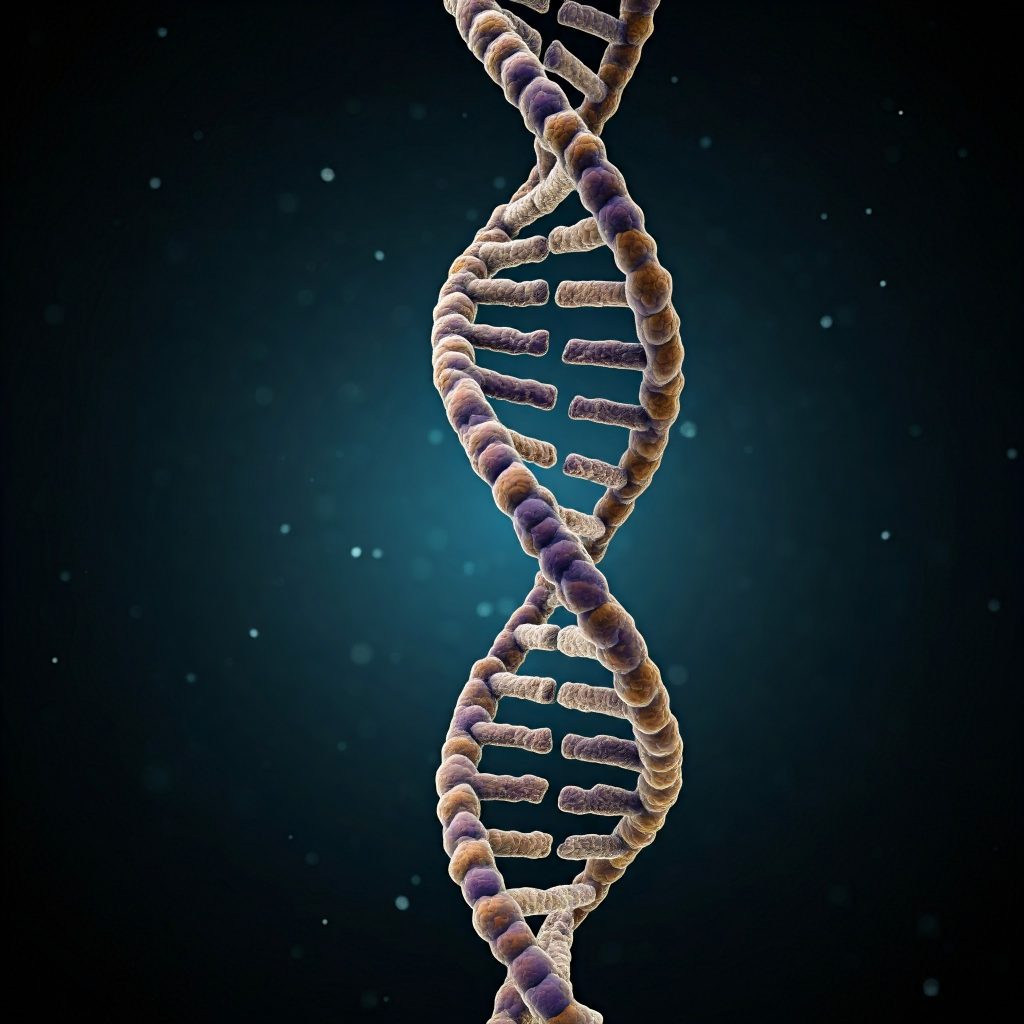
The future of DNA testing includes the integration with digital health platforms, providing individuals with easy access to their genetic information and personalized health recommendations.
As DNA testing technology advances, it is essential to address the ethical and legal considerations associated with its use.
The future of DNA testing holds immense promise, with advancements in technology driving new applications and improving existing ones. From personalized medicine and enhanced forensic capabilities to the integration with digital health platforms, DNA testing is set to play an increasingly significant role in our lives. As we embrace these innovations, it is essential to address the ethical and legal considerations to ensure that DNA testing is used responsibly and for the benefit of all.
For cutting-edge DNA testing services and expert guidance, contact AB DNA Testing Services.
AB DNA Testing Services ©
63-11 Queens Boulevard
Woodside NY 11377
718-701-0292
What are the latest advances in DNA testing technology? The field of DNA testing has seen remarkable advancements in recent years, revolutionizing our understanding of genetics and enabling a wide range of applications from healthcare to ancestry tracing. These technological innovations have made DNA testing more accurate, accessible, and affordable. In this blog, we’ll explore some of the key advances in DNA testing technology and how they are impacting various fields.
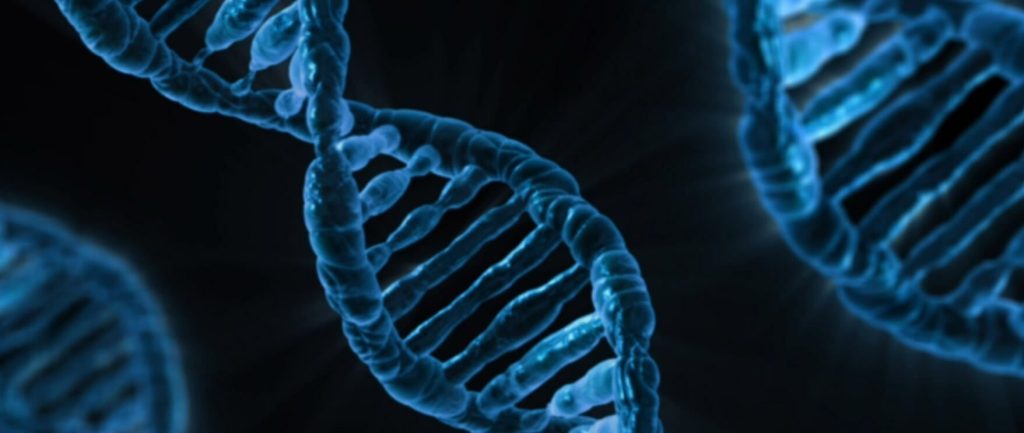
Next-Generation Sequencing (NGS) is one of the most significant advancements in DNA testing technology. NGS allows for the rapid sequencing of large segments of DNA, providing detailed and comprehensive genetic information.
High Throughput: NGS can process thousands of DNA sequences simultaneously, making it faster and more efficient than traditional sequencing methods.
Cost-Effective: The cost of DNA sequencing has dramatically decreased due to NGS, making it more accessible to researchers and consumers.
Comprehensive Analysis: NGS provides a more comprehensive analysis of the genome, enabling the detection of a wide range of genetic variations, including rare mutations.
CRISPR (Clustered Regularly Interspaced Short Palindromic Repeats) technology has transformed the field of genetics by enabling precise editing of DNA sequences. CRISPR is used for a variety of applications, including gene therapy, genetic research, and the development of genetically modified organisms (GMOs).
Gene Editing: CRISPR allows scientists to add, remove, or modify specific DNA sequences, which has potential applications in treating genetic disorders.
Disease Research: CRISPR is used to create model organisms with specific genetic mutations, helping researchers study diseases and develop new treatments.
Agricultural Improvements: CRISPR technology is used to develop crops with improved traits, such as disease resistance and higher yields.
Liquid biopsy is a non-invasive method of detecting genetic mutations and other biomarkers in bodily fluids, such as blood. This technology is particularly useful for cancer diagnosis and monitoring.
Non-Invasive: Unlike traditional biopsies that require tissue samples, liquid biopsy only requires a blood sample, reducing the risk and discomfort for patients.
Early Detection: Liquid biopsy can detect cancer-related genetic mutations at an early stage, enabling timely intervention and treatment.
Monitoring Treatment: Liquid biopsy can be used to monitor the effectiveness of cancer treatments and detect any recurrence of the disease.
DNA testing for ancestry purposes has also benefited from technological advancements, providing more detailed and accurate results. These tests analyze a person’s DNA to trace their ancestral origins and connect them with genetic relatives.
Expanded Databases: The accuracy of ancestry tests has improved with the expansion of genetic databases, allowing for more precise matching and regional analysis.
Advanced Algorithms: Modern ancestry testing uses sophisticated algorithms to analyze genetic data, providing more detailed insights into a person’s heritage.
Pharmacogenomics is the study of how an individual’s genetic makeup affects their response to drugs. Advances in DNA testing technology have made it possible to tailor medical treatments to a person’s genetic profile.
Drug Response Prediction: Pharmacogenomic testing can predict how a person will respond to certain medications, helping healthcare providers choose the most effective treatments with minimal side effects.
Dosage Optimization: Genetic testing can determine the optimal dosage of medications for individual patients, improving treatment outcomes.
Forensic DNA testing has seen significant technological advancements, enhancing the ability of law enforcement to solve crimes and identify individuals.
Rapid DNA Analysis: New technologies allow for the rapid analysis of DNA samples, providing results in hours rather than days.
DNA Phenotyping: This technique predicts physical characteristics, such as eye color and ancestry, from DNA samples, helping law enforcement create profiles of unknown suspects.
Advances in DNA testing technology are revolutionizing various fields, from healthcare and ancestry tracing to forensic science and agriculture. These innovations are making DNA testing more accurate, accessible, and impactful, providing valuable insights and improving outcomes in numerous applications.
As technology continues to evolve, we can expect even more breakthroughs that will further enhance our understanding of genetics and its applications. For cutting-edge DNA testing services and expert guidance, contact AB DNA Testing Services.
AB DNA Testing Services ©
63-11 Queens Boulevard
Woodside NY 11377
718-701-0292